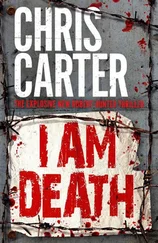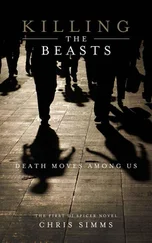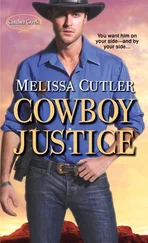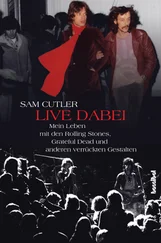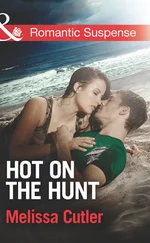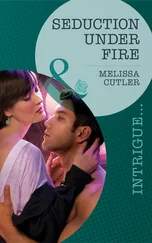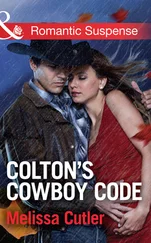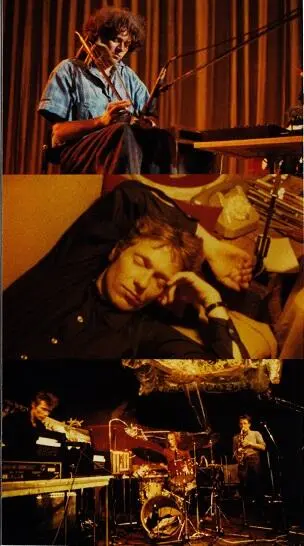
Top to bottom; Heiner Goebbels, Christoph Anders, and Cassiber
I am also almost sure that I attended at least one concert by Cassiber . No entry in my diaries, though. But at some point at the beginning of 1983, when Stormy Six had ceased regular operations, my composition teacher and neighbour Luca Lombardi, who was in charge of the programme at the Cantiere internazionaie d’Arte di Montepulciano that year, called me to ask if I had anything to suggest for the incoming edition. I proposed a laboratory on studio recording, as a context for music composition. Since I had recently collaborated — in 1981 — with the Italian radio in a series of similar laboratories (involving Robert Wyatt, Fred Frith, Throbbing Gristle, Luigi Cinque, and myself), I made the suggestion that RAI bring a mobile studio to Montepulciano, and that a group of musicians would create a recorded work using that equipment for a week. The Festival organizers then extorted the promise that the group would also perform the material live at a closing concert. I spoke about this idea with Chris Cutler, initially suggesting that the group be formed by him, Fred Frith, Umberto Fiori, and myself, a kind of Italianate Art Bears (what I had in mind initially was probably closer to Winter Songs than to the actual final result of the project). But very soon we agreed on another line-up, involving Heiner and Alfred, as well as Stormy Six bass player and composer, Pino Martini — and without Fred, who wasn’t available. The whole project was named after the individuals taking part (Goebbels, Harth, Cutler, Fiori, Fabbri, Martini). The name Cassix (half Cassiber and half Stormy Six ) was created posthumously by Chris when some of the masters were released on the ReR Quarterly (Vol. 1 No. 3) in January 1986.
So. In the hottest week of one of the hottest summers in decades, we all worked in the town Fortress — which was also the venue for the local high-school students’ final exams, so we had to be very quiet, at least in the mornings. We decided to proceed with a standardized production method, a compromise between Cassiber’s instant song composition and Stormy Six’s more traditional composing process. We’d lay down ‘basic tracks’ in couples, in every possible combination within the sextet: fifteen recordings, to which the remaining members (not necessary all of them) would then add their own material. Of course, the ‘basic tracks’ were influenced in their mood and structure by the characters of the pair involved: for example, the first piece we recorded was based on a 13/8 riff performed by myself on guitar and Chris on drums, and was obviously more rock oriented than pieces laid down by Alfred, improvising on his saxophone with Heiner or Pino. In general, when we added more material to the original ‘basic track’, we would work against the grain of its original character: Heiner superimposed on the hectic 13/8 riff a slowly evolving melody, which Umberto used as the song line when he wrote his lyrics ( Coste ). Although the mobile studio was pretty outdated for the early Eighties (a Studer 8-track, and a rather limited mixing desk, but very good microphones), at some point we realized we could take advantage of the variety of results we could obtain with that recording method, especially when we realized that we didn’t need (and, because of time limitations, actually couldn’t) fill up all available tracks. Probably the ‘emptiest’ pieces turned out to be the best sounding. However, as time went on, we became increasingly preoccupied with the final concert, as it became clear that our fifteen miniatures wouldn’t be enough for the advertised big event. At some point, we would have to leave the recordings as they were to rehearse for the concert, adding pieces like On Suicide and Piazza degli affari (sung by Umberto), and At Last I Am Free (sung by Heiner). In a way, the organisers’ urge to show the results of our work (which should have been open to public, but actually and luckily never was) partly spoilt the project’s main objective. For sure, we all felt liberated when we encored At Last I Am Free in Montepulciano’s main square.
Radio Tre made an extensive broadcast ( Laboratorio rock di Montepulciano ) later in the year, which included all the initial ‘basic tracks’, the final masters, and a complete recording of the final concert.
The last years of the Soviet Union, a brief period in the late 1980s, known by its catchwords glasnost and perestroika, were a very special time; a blissful limbo into which the old Soviet ideological and political censorship had vanished leaving its social, organisational and financial structures still in place. Though permitted to ignore the heavy guiding hand of a decaying and dissipating Communist Party, bureaucrats still had control of their budget allotments — but were free, not only of political and ideological conditions, but market pressures too. It was a time of freedom unthinkable a few years earlier, and impossible a few years later.
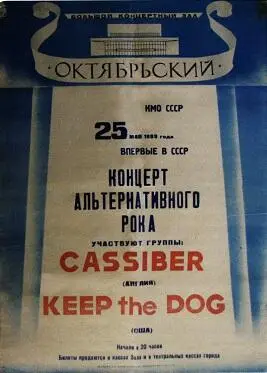
It was into this limbo, in May 1989, that Cassiber and Keep the Dog flew. I will never forget the incredulous looks on their faces when they saw the huge Oktyabrsky — a 4000 seat concert hall in the centre of Leningrad — where they were due to perform. Not only was it huge — they all admitted they had never played in a hall so vast — but it was also the city’s most prestigious auditorium, built in 1967 for the 50th anniversary of the 1917 October revolution; a place of pompous official celebrations and events by approved artists with sufficient drawing power to feed the box office — from kitschy Soviet pop to kitschy Elton John.
Cassiber and Keep the Dog were a somewhat different proposition. The fact that they were appearing in the USSR at all bordered on the miraculous, and was made possible in large part by the inclusion of a third band which, for reasons I can no longer recall, didn’t make it to Leningrad in this otherwise three-band-three-city tour. This was the Kalahari Surfers — a significant, indeed indispensable, part of the package, since everything had been organised through the KMO (Committee of Youth Organisations), itself a subsidiary of the omnipotent Komsomol (Youth Communist Union). For Komsomol , the Kalahari Surfers had been the clincher. Coming from apartheid-torn South Africa, they were one of the most politically radical musical forces in that country — so troublesome that there was no South African pressing plant that would press their albums (EMI declared them “too political”) and it was this clearly progressive status that allowed the tour be advertised as ‘Independent Musicians for South Africa’ and therefore legitimate the KMO’s initiative to support it in the name of Soviet bureaucracy’s pet formula: ‘political expediency’ — allowing them to release a considerable chunk of their budget to a little known bunch of musicians playing weird and not very user-friendly music.
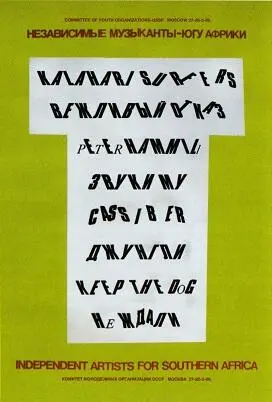
That said, the other musicians had their own political credentials; both Chris Cutler, the drummer with Cassiber (and, on this tour, the Kalahari Surfers ) and Fred Frith, guitarist and leader of Keep the Dog, had been founding members of Henry Cow — a rare example of a British rock band that had been favourably mentioned in the official Soviet press, back in the 1970s, as ‘a group of the British Komsomol’. This fact had been largely forgotten by 1989, but once brought out of the archives, it became a potent weapon: Komsomolskaya Pravda, the newspaper that had published the original article was the official organ of the Komsomol Central Committee, and proudly wore six of the highest government awards on its title page. It was a force to be reckoned with.
Читать дальше




